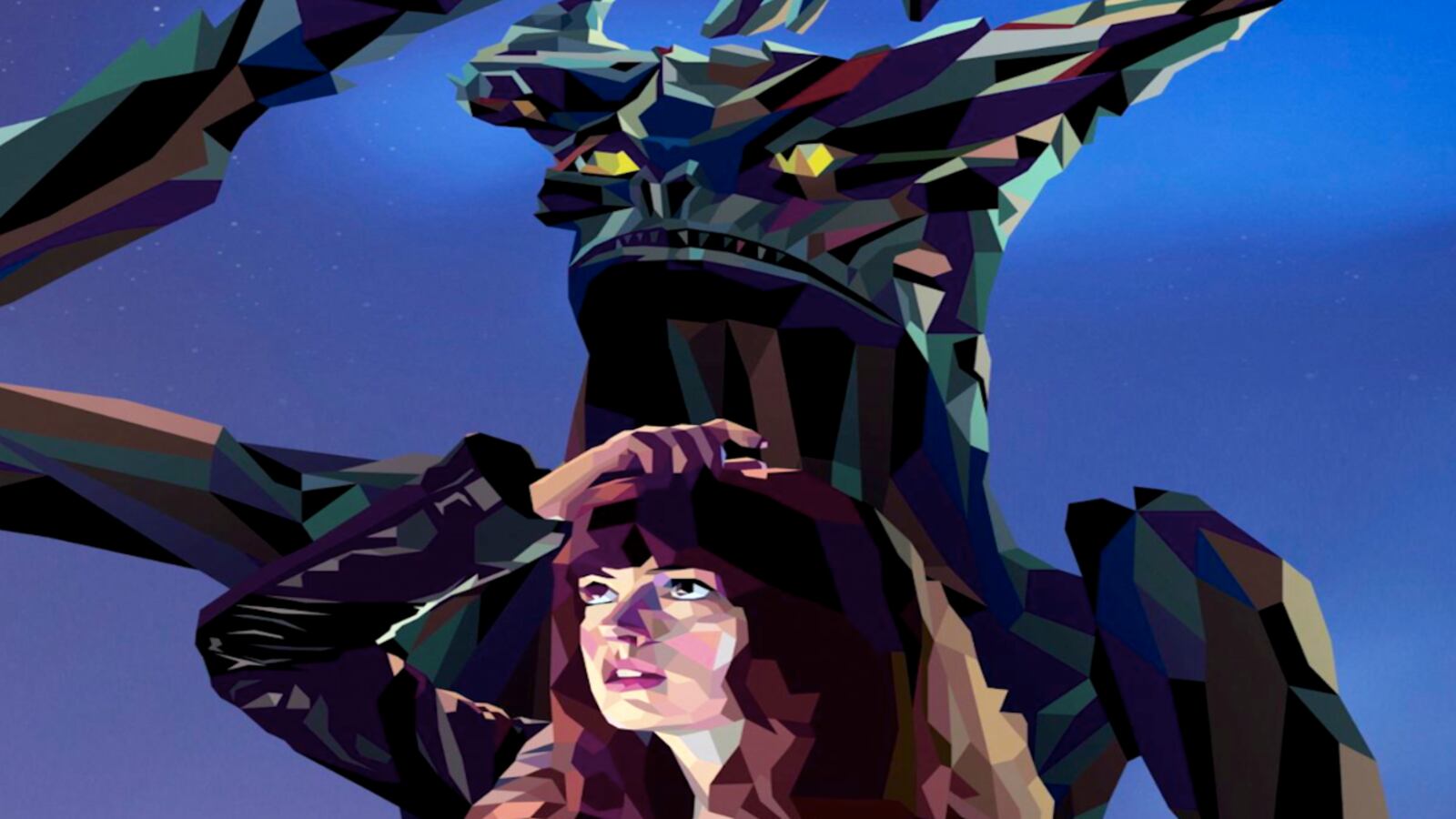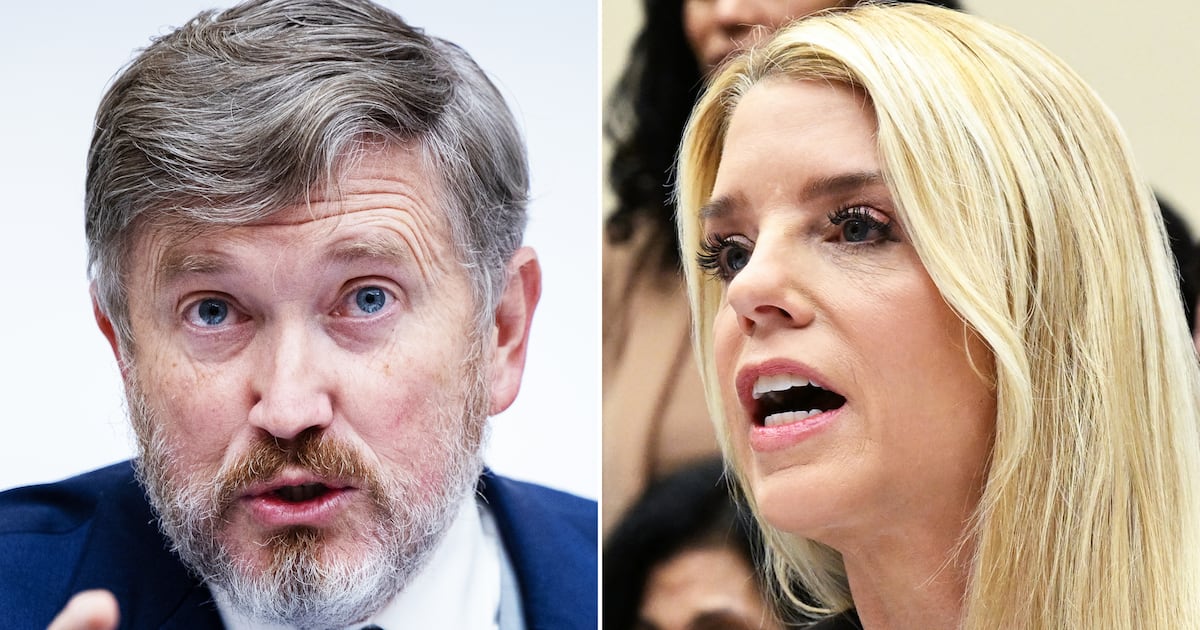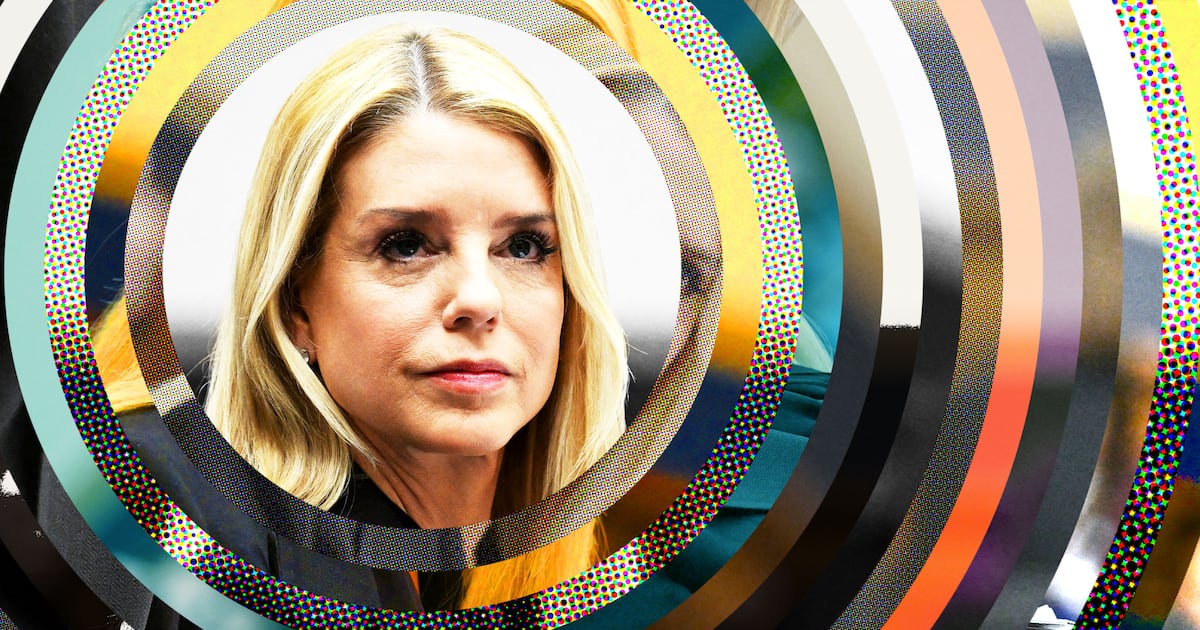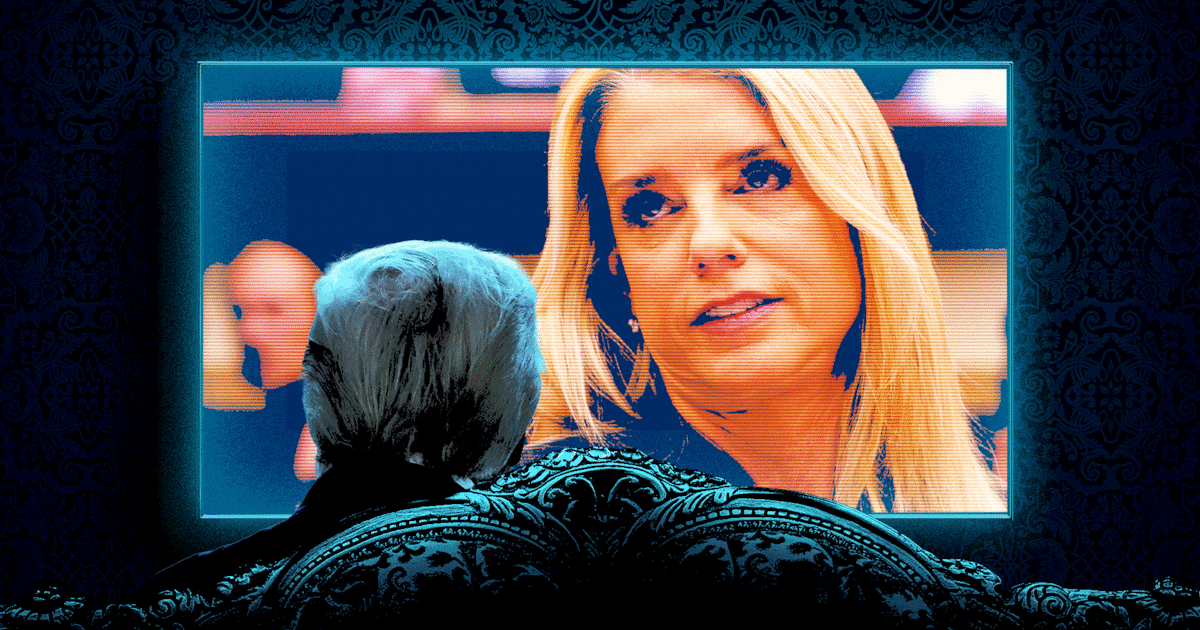Colossal was marketed as a monster movie, and in fairness, there is a monster in it. It’s just not the kaiju that decorates all of the posters. The monster that director Nacho Vigalondo has for us is a man.
The past year has seen the curtain pulled back on toxic masculinity, particularly through film and TV. 2017’s best films and shows have not just addressed the subject, but dismantled and subverted it through the very tropes that are so often associated with it. Colossal, Black Mirror, and even Star Wars: The Last Jedi all use emblems of geek culture, a stereotypically male-dominated space, to take it apart, and to mark a sea change in perception as to whom these properties are for.
To be sure, Colossal is a strange movie. It’s strange for how prescient it was of the way the political and cultural climate would change; it’s strange for how quickly it was forgotten after its release; and it’s strange in how deftly and subtly it uses giant monsters to tell a story that’s much more complicated than it appears. Anne Hathaway stars as Gloria, a woman struggling with alcoholism who, after losing her job, moves back to her hometown. At first, the set-up seems fairly typical: Upon her ignominious return, she meets up with an old childhood friend, Oscar (a truly excellent Jason Sudeikis), who immediately makes himself a part of her life, helping her set up her house and offering her a job at his bar.
Then comes the first twist: Gloria is the cause of several kaiju attacks on Seoul. Each time she steps foot in an old playground, so too does a giant monster step foot into Seoul. For most movies, this would be about as far as things would go. But Colossal has a second trick up its sleeve. Again, the monster isn’t the kaiju—it’s Oscar. So much of his behavior that should be sending up red flags as to how manipulative and controlling he is are things that audiences have been conditioned to perceive as nice or otherwise amenable. It’s only when he starts getting violent that the entire picture becomes clear, and Colossal reveals itself as a story not about supernatural happenings, but about abuse and toxicity. Like every superhero narrative, it’s not the super part of it that’s the point. It’s a storytelling means to an end.
The new season of Black Mirror pulls off a similar feat, though through a much more obvious lens. In “USS Callister,” widely considered to be the best of the new crop, a Star Trek-like show gives way to a nightmare scenario. As it turns out, the show we’re watching isn’t a show, but a game being played by Robert Daly (Jesse Plemons). In the game, he’s a dashing space captain, but in real life, he’s an awkward programmer, the classic misunderstood nerd and “nice guy.” Like Colossal, there’s a bait and switch: Daly isn’t nice at all—in fact, he’s the epitome of the awfulness that’s allowed to run rampant online thanks to the coat of anonymity.
He ports his coworkers into his game and takes out his retribution for the day’s perceived social slights when he logs on, forcing them to play along with his fantasy and dangling various punishments over them should they fail to comply. But he’s stuck—regressive in both the fantasy world he chooses to build (the show he’s based his game mod on, Space Fleet, is from decades ago) and in his mode of thinking. Just think of where Star Trek is now. There’s no place for a character like Daly in Discovery except as a villain.
The reactions generated by the latest installment of Star Wars are something of a confluence of these points. It’s the most progressive Star Wars to date, featuring a diverse cast free of the less-than-subtle racist stereotypes that unfortunately appeared in the prequels, and with “chosen ones” who are not white men. It also stresses the fact that greatness comes from within, not from lineage, nor necessarily any greater destiny—as well as the notion that nostalgia, while important, must also sometimes be cast off.
The invectives that some have directed against The Last Jedi aren’t really un-Daly-like. They’re all predicated on the notion that this is a franchise that ought not to change—a sense of possession, if you will—as well as in some more obviously toxic rhetoric. The boycotts over The Force Awakens having a black lead have shifted into similarly racist attacks on actress Kelly Marie Tran.
It’s worth noting, here, that geek culture has never solely been populated by (usually straight, white) men. Yes, inclusivity and representation have often felt like a reach—Marvel Comics was at the center of a firestorm about diversity this year, not least because the new editor-in-chief once wrote under a Japanese pen name—but comics, games, and other such “nerdy” properties so heavily center on misfits and outcasts (just think of the X-Men) that it’s impossible to pretend that they’re meant for just one audience.
Luckily, many of this year’s films and shows have spoken to this on a broad level, particularly in terms of dismantling the “geek culture” that has allowed for incidents like Gamergate. This isn’t to say that there haven’t been failures this year, too—Ghost in the Shell was a debacle, with too many people dismissing the concerns of Asian Americans, and Bright’s fundamental ignorance when it comes to race is maybe even more of a mess—but things are changing. Just think of the ending of The Last Jedi. We can no longer dwell in the past; we are moving into the future, and the future belongs to all of us.






